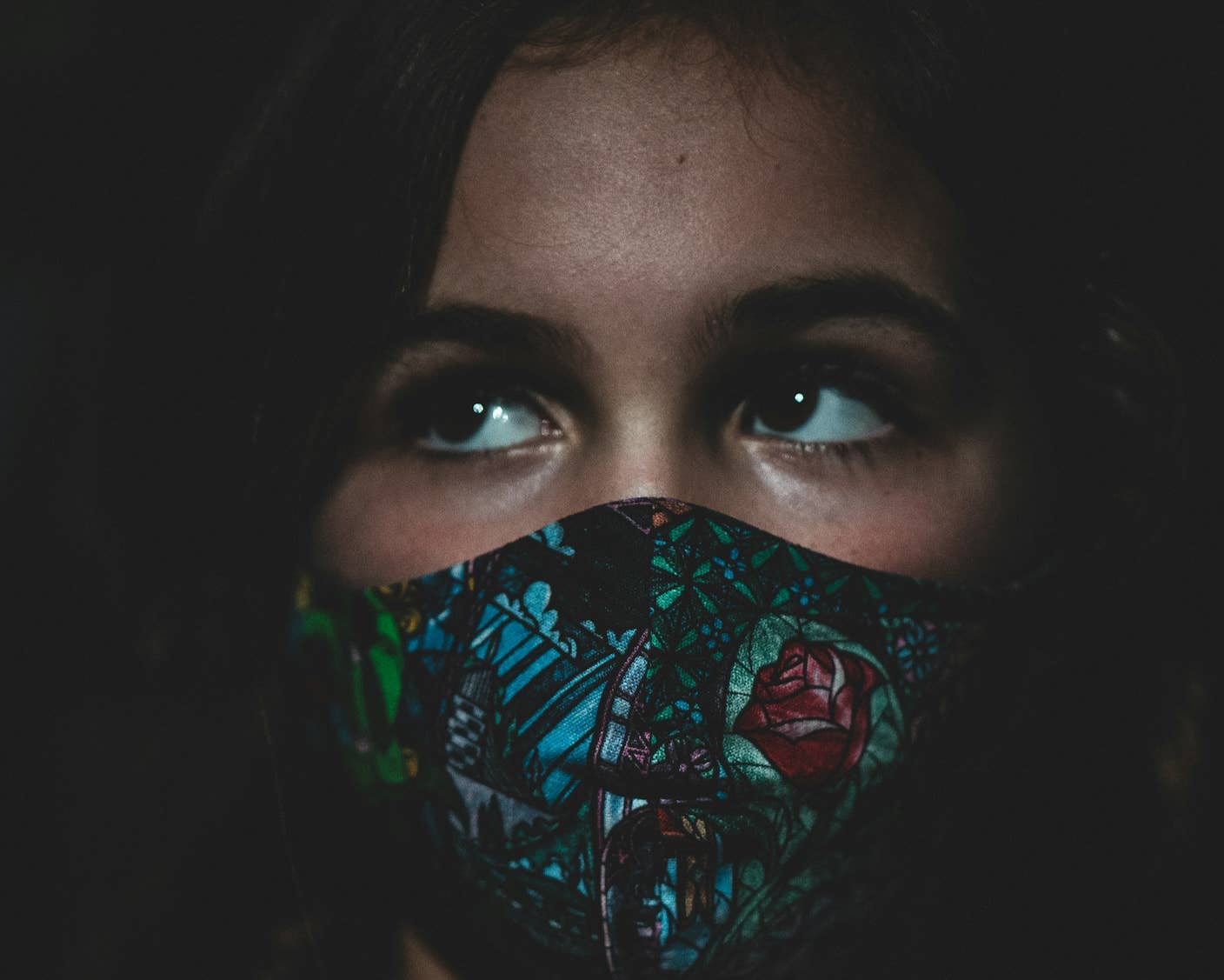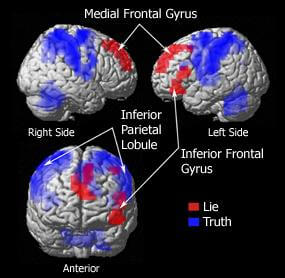Another Attempt to Use fMRI Lie Detector in US Court Fails in Brooklyn. More on the Way.

Share
Another push to use fMRI lie detection technology in US courts failed, but the concept seems unwilling to die. According to Wired, David Zevin, a lawyer in Brooklyn, wanted to enter fMRI scans as evidence on behalf of his client's civil suit in a sexual harassment/employer retaliation case. The advanced magnetic scanning technology has been reported to determine whether someone is lying with around 90% accuracy by measuring blood flow in different parts of the brain. On May 5th, the possibility of including witness testimony that has been verified via fMRI was denied in Brooklyn on the grounds that juries, not machines, are responsible for detecting lies. Another case in Tennessee is set to hold a hearing on fMRI lie detection on May 13th. These are just the latest of what is sure to be many battles to determine whether or not this technology belongs in US courts. Catch an overview of fMRI lie detection in the video below.
fMRIs have had a brief but notable history in US courts. Convicted murderer and rapist Brian Dugan had fMRI scans entered as evidence of his psychopathy during his sentencing in Illinois in 2009. A true fMRI lie detection test was offered into evidence in San Diego, California for a child abuse case, but was later withdrawn. To date, no US court has officially used this technology to determine the guilt of a defendant in civil or criminal court.
The only major market for lie detectors seems to be India, and even that is changing. Parts of the country were enamored with advanced lie detection methods (fMRI being just one) having been used in dozens of convictions in the state of Maharashtra, including at least one case of murder. Recently, however, the Indian Supreme Court ruled compulsory lie detector tests, brain mapping, etc to be unconstitutional. It's unclear if voluntary tests will continue to be used in courts there.
Despite the rough reception fMRI lie detectors have received, two US companies are still betting on its adoption, if not in court, then in the commercial market. Cephos in Massachusetts and No Lie MRI in San Diego, California both claim accuracies in excess of 90% for most types of lie detection sessions. No Lie MRI was the company used in the California case, and David Zevin was looking to use Cephos in Brooklyn. But with US court cases out of bounds for the moment, it's unclear who is paying for their services at the moment. Neither group is very forthcoming about its client list, though both seem focused on corporate work and legal disputes.
The efficacy of fMRIs as lie detectors is still being debated. While Cephos, No Lie MRI, and various academic institutions have found the technique to be greater than 90% effective in some cases, their trials were in a lab setting. Real world applications are unlikely to match the conditions from these experiments. Daniel Langleben, one of the pioneers of the technique has questioned its use in courts, as have others. This clip from PBS Wired News in 2007 has Langleben posing his worries at 1:25. The rest of the video is a good overview of fMRI lie detection for those who are new to the technology.
Be Part of the Future
Sign up to receive top stories about groundbreaking technologies and visionary thinkers from SingularityHub.


https://www.dailymotion.com/swf/video/x3673c
It may take years before fMRIs can be thoroughly vetted as lie detection machines. What if the machines really work though? What if they had 100% accuracy? It's unclear if courts would ever be willing to accept them. Forensic science has given us reliable evidence before, and we depend on it for safety and justice every day. Truth and lies, however, have always been something like beauty — changing in the eye of the beholder. Can we scientifically qualify what is a lie, and what is the truth? Or can we only say that someone is using their brain in the same way as others do when lying? In the end, even if fMRI lie detection becomes 100% reliable, there will be people who are loath to place justice in the hands of a machine. One things seems certain: the next few years are sure to see more conflict over this technology.
I'm not sure what to think...maybe I should ask the world's most respected scientists.
[image credit: No Lie MRI]
[video credit: PBS Wired News]
[source: Wired, DNA India]
Related Articles

Your ChatGPT Habit Could Depend on Nuclear Power

AI Can Now Design Proteins and DNA. Scientists Warn We Need Biosecurity Rules Before It’s Too Late.

This Light-Powered AI Chip Is 100x Faster Than a Top Nvidia GPU
What we’re reading
